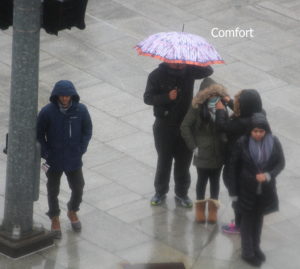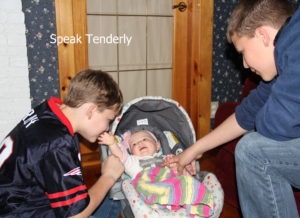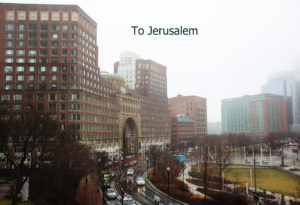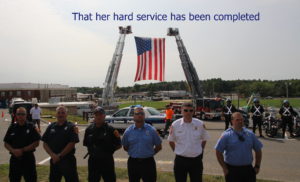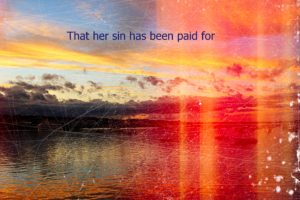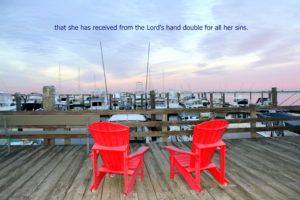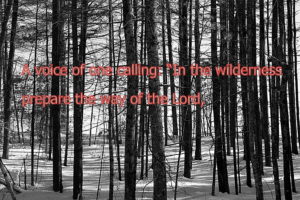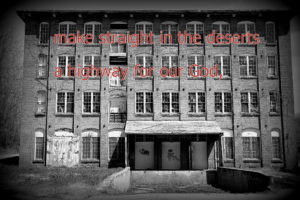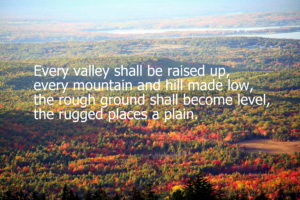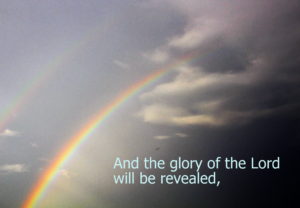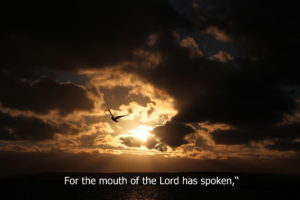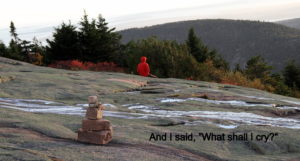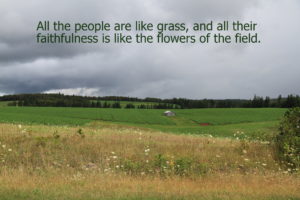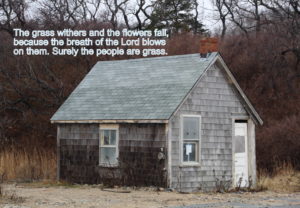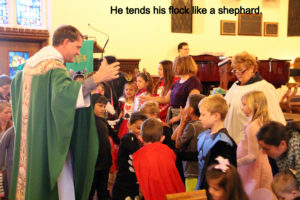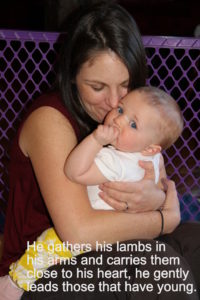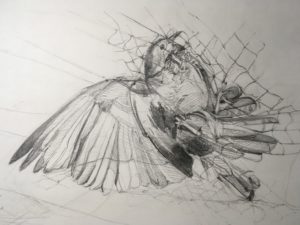Readings: Psalm 21; Isaiah 24:1-16a; I Thessalonians 4:1-12
But we urge you, more and more, to aspire to live quietly, to mind your own affairs, and to work with your hands, as we directed you, so that you may behave properly toward outsiders and be dependent on no one. I Thess. 4:10-12
The world is a noisy place these days. It’s almost impossible to be in public without hearing a phone ring, sing, or yell. Motion sensitive holiday displays startle passersby in malls and on sidewalks. This external noise is often matched, sometimes even exceeded, by the internal cacophony of thoughts, feelings, and songs running through the mind. In such a world, to aspire to live quietly is as much a literal challenge as it is a lifestyle choice.
There is a big difference between lowering the volume and pace of life and muting or unplugging it. I don’t think this is recommending a life of silence or hiding. I think it’s a call to cultivating inner and outer quiet, keeping the stereo of my life at a volume that won’t frighten the neighbors or deafen me.
Living quietly brings with it blessings that a full volume life just can’t. I will hear what someone means, not just the words spoken. I will listen for God in the still, small voices of birds and crickets. I can pay attention to the inner voices of peace and compassion that often get drowned out by the louder voices of fear and worry. I can mind my own inner and outer affairs well enough to notice when others could use my help – and well enough to notice when my help is neither requested nor required.
A quiet life is a blessed life, and a life that can bless others. It’s something I aspire to. Quietly.
Come, Lord Jesus, Come.


